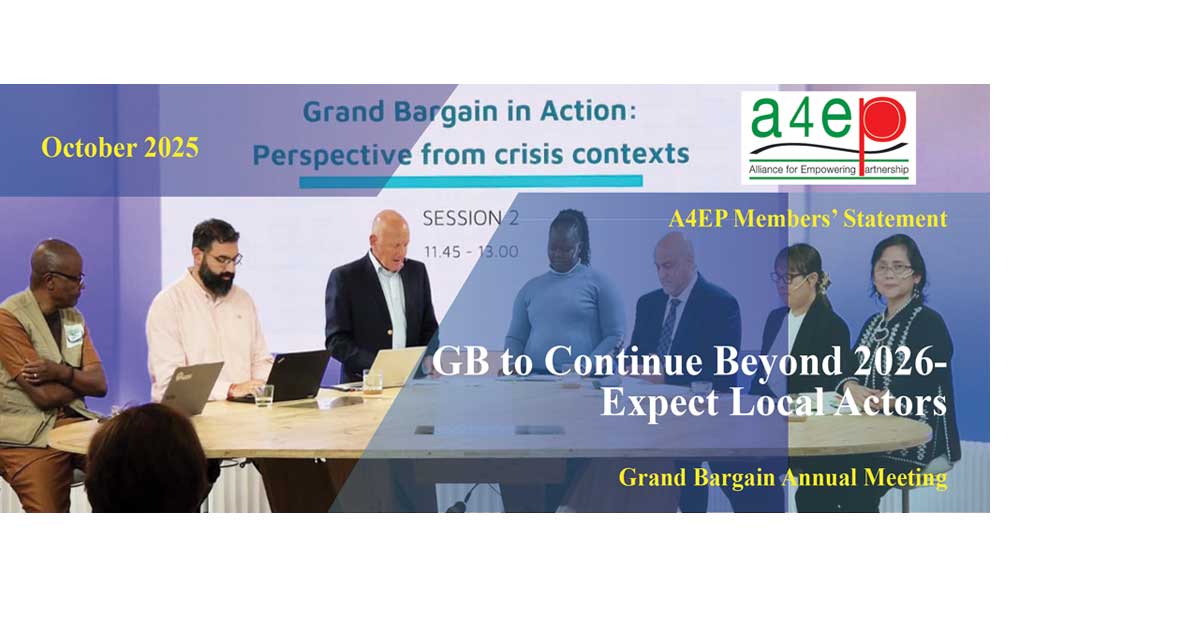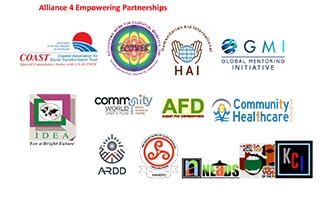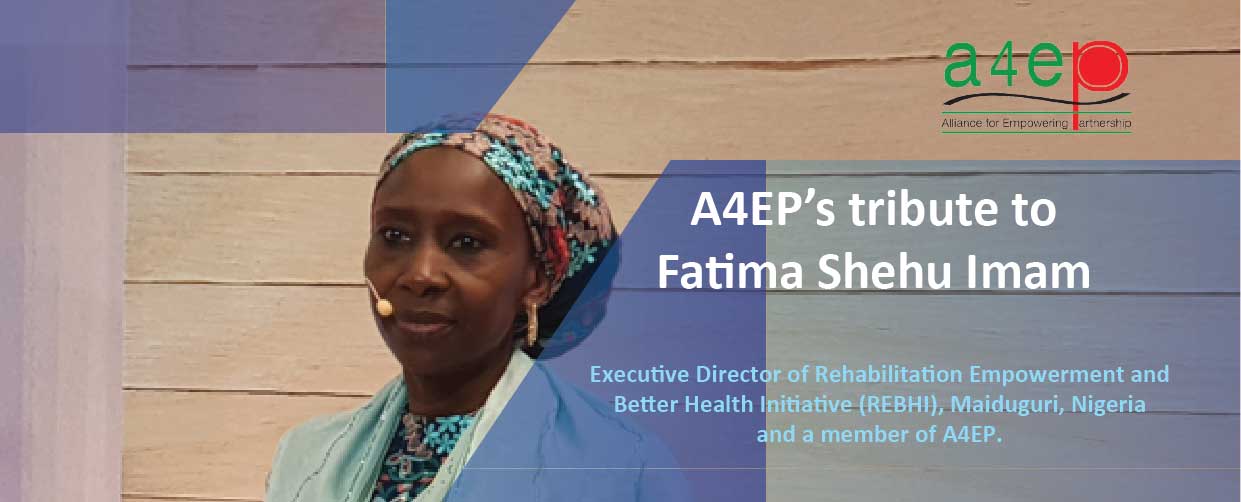The Grand Bargain (GB) is coming to an end in 2021 without achieving much on the 51 commitments made in 2016. The GB commitments largely remained confined to the headquarters of the signatories without proper dissemination to humanitarian actors on the ground. The Agenda for Humanity aimed at shrinking the humanitarian needs, but the humanitarian needs have continued to grow, as also highlighted in the most recent Global Humanitarian Overview (GHO2020). In absence of further extension of the Grand Bargain, or lack of a long-term humanitarian framework, it is challenging to seek sustainable reform of the humanitarian architecture. This is why, it is recommended to modify the GB commitments into humanitarian goals and align them with Sustainable Development Goals (SDGs), Sendai Framework for Disaster Risk Reduction (SFDRR) and Paris Agreement on Climate Change. Therefore, it is necessary that GB gets extended up to 2030 to have the same timeline as the three most endorsed global frameworks. The humanitarian architecture also ought to be more inclusive of emerging donors, Southern governments and CSOs to create wider ownership and have more informed discussion that would usher more efficient, effective and impactful humanitarian action on ground. Click here for details report

GB to Continue Beyond 2026- Expect Local Actors: A4EP Members’ Statement, Grand Bargain Annual Meeting, October 2025
GB to Continue Beyond 2026- Expect Local Actors: A4EP Members’ Statement, Grand Bargain Annual Meeting_October 2025 Since its establishment in



